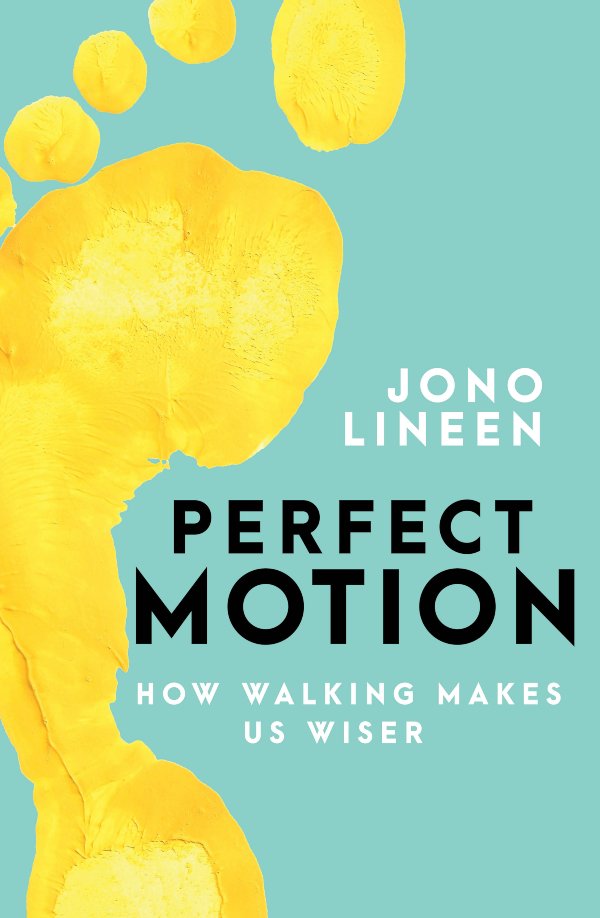Some of my fondest parenting memories are of walking my newborn son to sleep in the Baby Bjorn and so many adventure-filled long strolls with my two kids in the pram. I was a stay-at-home dad for four years. It was a time of amazing beauty but also one of constant change and uncertainty.
Before I met my wife I had been a project manager with Medecins Sans Frontieres in charge of running hospitals in war zones in Africa and Asia. The job was stressful and fulfilling. I met Trish in the Himalayas during the Nepali civil war and after a whirlwind romance we rejoiced when she became pregnant with our first child.
We moved back to Australia where she practiced medicine and I became a full-time father. All of a sudden I went from managing 300 health professionals in a violent civil war to wrangling a single toddler (our second came along 16 months later). Parenting our two boys was more demanding than working in a war zone! It was an extremely challenging time, I went from being the boss to being a servant, it was a transition that I had no idea how to handle. I was living day to day, making it up as I went along.
Everyone who has kids faces this challenge, no one is prepared for the bombshell that parenting is, we all have to grow and adapt into these new roles. It is incredibly demanding and with the advantageous hindsight of being a researcher into the psychological benefits of walking, I can see that the reason I have so many fond memories of walking with my kids is because that simple motion of putting one foot in front of the other was a primary reason that I was able to hold it all together.

Why is that? What is it about walking as a stressed-out parent that brings you back to your best self. There are many reasons but four stand out from my research.
1) Walking gives us a sense of control.
In uncertain times we want control over our lives. For four millions years, as the ancestors of nomads, the way we traditionally have done that is to go for a walk. Walking was how we gathered food and water and gained the intimate knowledge of our environment that let us manage it for our own benefit. Even now, by going for a walk, we trigger those same deep-seeded feelings. By moving one step to the other we become active, we are not passively waiting for things to happen to us, we are initiating action and making the world work for us. Walking is the simplest way to re-find a sense of control when you think your toddlers have hijacked your life.
2) Walking reduces stress
Clinical psychologist and neuroscientist Stan Rodski has said, ‘If I were to summarize all of my learning over forty-odd years, I’d say that most people’s stress starts with the complaint: I don’t have enough time.’ Walking reduces stress by changing our relationship with time in three ways.
Firstly, it increases the flow in the brain of neurotransmitters such as dopamine, serotonin, anandamine and norepinephrine and these help generate a more open and spacious mindset.
Secondly, walking lowers our brain wave frequency from the beta region to the high theta range – the theta wave between 5 to 10 Hz is the frequency we enter when we are meditating. Again, this encourages an expansive mindset.
Thirdly, after 30 to 40 minutes of walking the activity of our prefrontal cortex starts to slow down and we drop into the flow state – also known as the zone or transient hypofrontality. Mihalyi Csikszentmihalyi, the world leader in flow research, noted through over 8,000 interviews with highly successful people that the vast majority of them observed how when they entered flow they lost their sense of self – but also their sense of time.
3) Walking increases empathy
Knowing we are not alone in a difficult situation makes us feel more empowered – there’s strength in numbers. We all want to feel we are not the only ones facing the angst of parenting. We need to be reminded, to feel, that others are in the same situation. Of course there are millions navigating the trials of parenting and the way we connect with them is through empathy and walking stimulates empathy. This is because when we walk we activate the right supramarginal gyrus, this is the part of the brain involved in proprioception – our ability to understand where we are in space – without it we would randomly bump into objects and have no ability to navigate. But the supramarginal gyrus is also the part of the brain activated when we empathise with others. Walking increases our empathy and during times of challenge we are reminded we are not alone.
4) Walking instills confidence and joy
Have you ever been on a stroll where you didn’t feel better at the end of it than you did at the start? The ability of walking to increase my positive feelings is extremely consistent and this is because humans have been walking for at least four million years – it is the one activity that everyone (with the physical capacity) is an expert at. We all love being experts and unconsciously that sense of mastery gifts us confidence and joy, two of our most needed feelings when parental duties are overwhelming us.

Walking is such a simple act and yet it is imbued with delight. We only have to look at a toddler taking their first steps to be reminded of this. They fall down and rise up, over and over again – we are driven to walk – and when finally a child takes those first linked steps what is the reaction we see on their faces – it’s joy. The ecstasy of moving on two feet, it’s an image and a feeling that can help everyone move through the beautifully trying times of early parenthood.
Buy Perfect Motion by Jono Lineen: here
